At 17, I used to babysit a pair of twins.
The mom and dad were quiet, secretive even—but they paid well and were always polite. One night, they didn’t return.
By 4 a.m., I was panicking. I turned on the TV—and froze.
Ten miles away, a couple matching their description had been arrested in a massive drug raid. It didn’t make any sense. I had just seen them that afternoon—calm, well-dressed, like any normal suburban parents.
I looked over at the twins, Sage and Luka, still asleep in their matching race car beds, unaware that their world was about to fall apart.
I didn’t know what to do. I wasn’t family. I wasn’t even an adult. I was just the babysitter—still a high school senior.
But I knew one thing: I couldn’t leave them alone.
I tried calling the numbers their parents gave me. Both were disconnected. I didn’t even know their real last name. The emergency forms listed “Morris,” but the news kept saying “Calderon.”
Had I been working for criminals this whole time?
I made the twins breakfast like always—blueberry pancakes. I kept the TV off.
When they asked where Mommy and Daddy were, I lied and said they were on a trip and would call soon.
Around 11 a.m., there was a knock.
I peeked through the blinds. A woman in her late 30s stood on the porch wearing jeans, a windbreaker, and holding a clipboard. Behind her stood a silent police officer.
I opened the door halfway, my heart pounding.
She introduced herself as Dana, from Child Protective Services.
She told me she was there to place the children in temporary foster care.
I asked if I could stay until they found someone. She said no—kindly, but firmly.
Sage and Luka were confused. Luka cried when they led him to the car. I quickly packed their backpacks with clothes and their favorite stuffed animals.
I stood on the porch and watched the car drive off, not sure if I was relieved or heartbroken.
That should’ve been the end—just another strange chapter in someone else’s story.
But it wasn’t.
A week later, I got a letter. No return address. Just my name written in neat, blocky letters.
Inside was a note:
“Thank you for taking care of them. We didn’t want any of this to touch the kids. You were the only one we trusted. There’s something in the garage for you.”
No signature.
I thought about calling the police. But instead, I walked to the garage.
Behind a stack of paint cans and boxes, I found a black gym bag. Inside: a thick stack of hundred-dollar bills. And a smaller envelope with a key and a sticky note:
“For when you’re ready. 118 North Kincaid.”
I didn’t tell anyone.
Not right away.
I pretended none of it had happened. I went back to school, graduated that spring, and started at a community college.
But the twins stayed in my mind.
I never saw them again. CPS wouldn’t tell me anything—since I wasn’t family, I had no rights. I spent months emailing social workers and tracking down old neighbors. Nothing.
A year later, I decided to go to the address.
118 North Kincaid was on the edge of town. The block looked abandoned—half the houses boarded up. I almost turned around.
But I used the key.
The house was one room. Bare walls. A mattress on the floor. A locked metal filing cabinet.
The same key opened it.
Inside were passports, photos, notebooks, and pages of names, dates, and bank accounts.
They weren’t just criminals.
They were informants.
The Calderons had been working with federal agents for years, feeding information about a major drug syndicate. The arrest wasn’t a takedown—it was an extraction. They’d been burned and had to vanish.
The twins were never meant to be touched by any of it.
That’s why they paid so well. That’s why I was the only babysitter. Why they were always nervous.
It started to make sense.
I didn’t know what to do with the information.
So I locked the place up and walked away.
But I couldn’t forget.
Two years passed. I was 20, working at a bookstore, living in a tiny apartment.
Then, one day, I saw Luka.
I was walking through a park when a boy ran past chasing a frisbee. He looked about seven. Something about him stopped me.
His curly hair. The birthmark on his neck.
I turned and saw the woman on the bench.
Not their mom.
A different woman.
I walked over, gently introduced myself, said the boy looked familiar.
She smiled. “That’s Luka. We adopted him two years ago. His sister’s at ballet.”
My knees almost gave out.
She asked if I knew them. I just said I used to babysit them.
She told me they were happy. Safe. Their dad was a firefighter. No drama. A good life.
As we talked, Luka came running back and hugged her tight.
He didn’t recognize me.
And that was okay.
I didn’t ask to stay in their lives. I just thanked her and left.
But something changed in me.
I started volunteering—at shelters, tutoring foster kids. That gym bag paid for tuition and rent. I didn’t waste it.
I earned my degree in social work.
I never told anyone the full story—not even my roommate.
Until now.
Because sometimes, the people we think are dangerous are the ones trying hardest to protect what matters.
And sometimes, doing the right thing means staying silent.
Other times, it means stepping up.
I often think about that night—the silent house, the twins asleep, the knock at the door.
If I’d panicked or left…
I don’t know what would’ve happened.
But I’m glad I stayed.
And I think their parents knew I would.
The twist wasn’t just who they were.
It was who I became because of them.


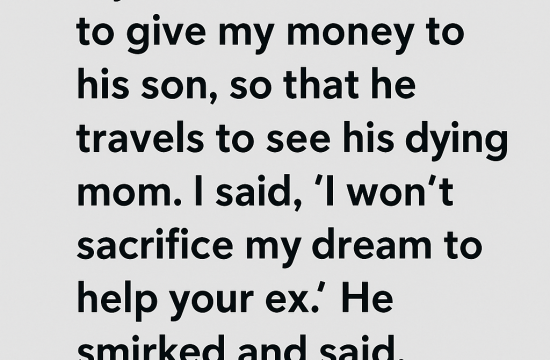
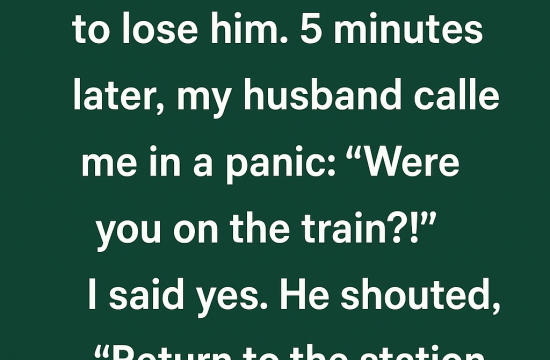
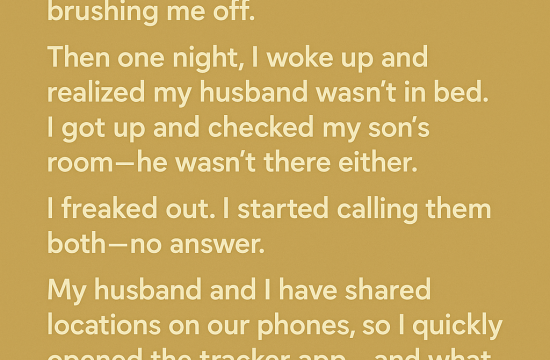
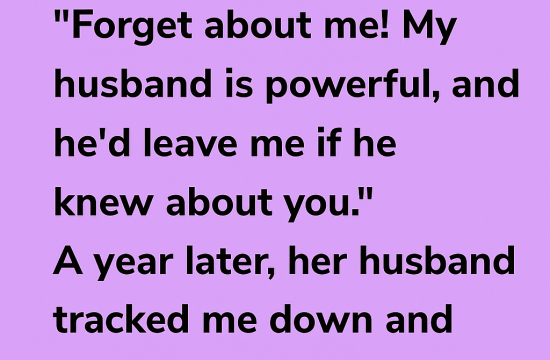
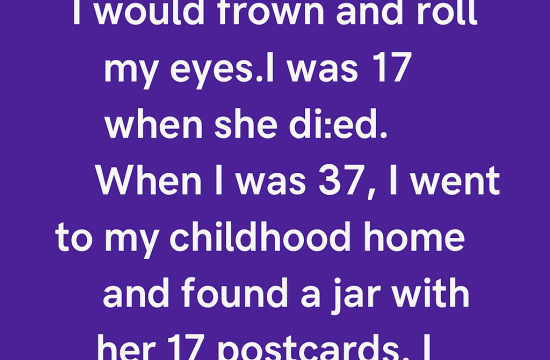
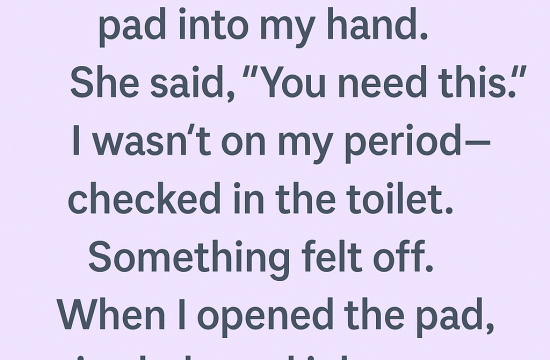
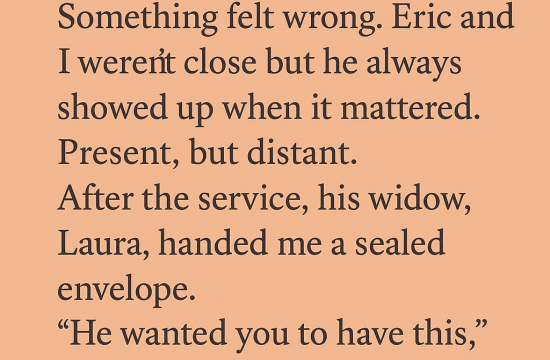
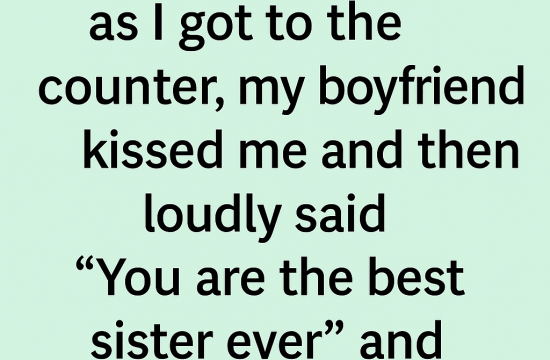
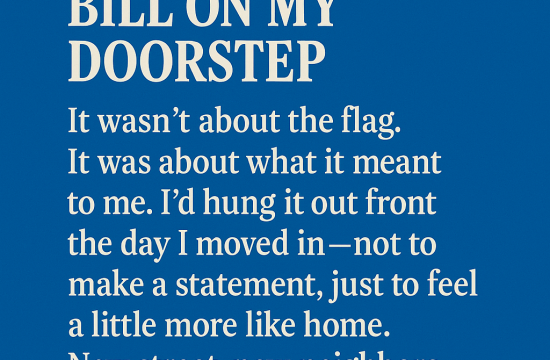
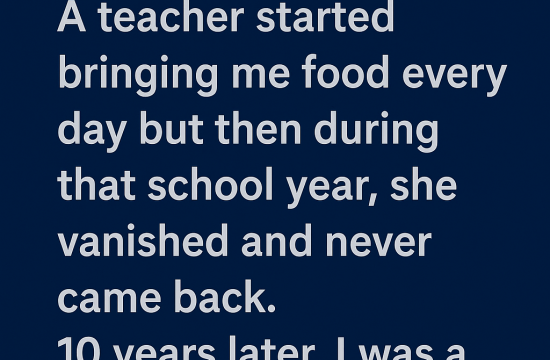
Very nice
Very touching